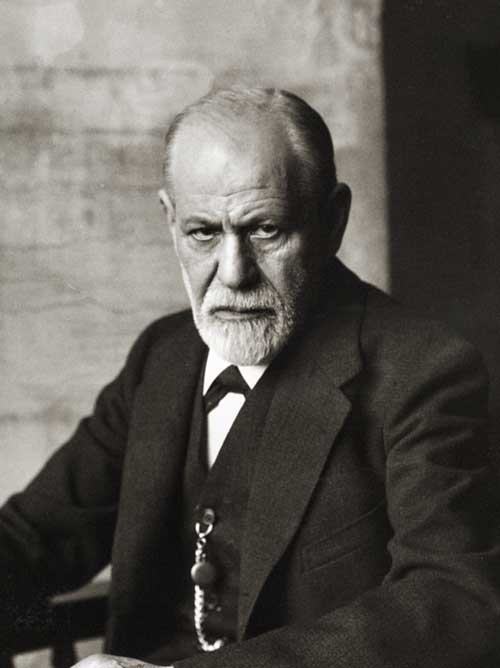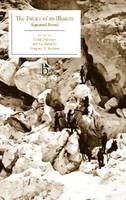Sigmund Freud

Sigmund Freud was born in 1856 in Moravia; from 1860 until Hitler's invasion of Austria in 1938 he lived in Vienna. He was then forced to seek asylum in London, where he died the following year. He began his career as a doctor, specialising in work on the anatomy and physiology of the nervous system. He was almost thirty when his interests first turned to psychology, and during ten years of clinical work in Vienna he developed the practice of what he called ""psychoanalysis"". This began simply as a method of treating neurotic patients by investigating their minds, but it quickly grew into an investigation of the workings of the mind in general, both ill or healthy. Freud demonstrated the normal development of the sexual instinct in childhood and, largely on the basis of an examination of dreams, arrived at his fundamental discovery of the unconscious forces that influence our everyday thoughts and actions. Freud's ideas have shaped not only many specialist disciplines, but have also influenced the entire intellectual climate of the last century.
Leonardo da Vinci
Sigmund Freud was already internationally acclaimed as the father of psychoanalysis when he turned his attention to the life of Leonardo. The result is a unique introduction to some of Freud's... (more)
The Future of an Illusion
Sigmund Freud, the founder of psychoanalysis, declared that religion is a universal obsessional neurosis in his famous work of 1927, The Future of an Illusion. This work provoked immediate... (more)
Complete Correspondence of Sigmund Freud and Ernest Jones: 1908-1939
Charts the progress of a friendship and the psychoanalytic movement, while also touching upon contemporary historical events. Soon after their first meeting in 1908, Freud's future biographer, Ernest... (more)
The Correspondence of Sigmund Freud and Sandor Ferenczi: Volume 2: 1914-1919
This second volume of three covers the events during World War I. Uncertainty pervades these letters: Will Ferenczi be called up? Will food, fuel and cigar shortages continue? Will Freud's enlisted... (more)
The Correspondence of Sigmund Freud and Sandor Ferenczi: Volume 1: 1908-1914
This first of three volumes of correspondence between Freud and Ferenczi opens in 1908 and closes on the eve of World War One. The letters give an intimate picture of psychoanalytic theory being made... (more)
The Freud/Jung Letters: Complete Edition
The complete letters between Freud and Jung, discussing colleagues, strategies for advancing psychoanalysis, and their ultimate split.








